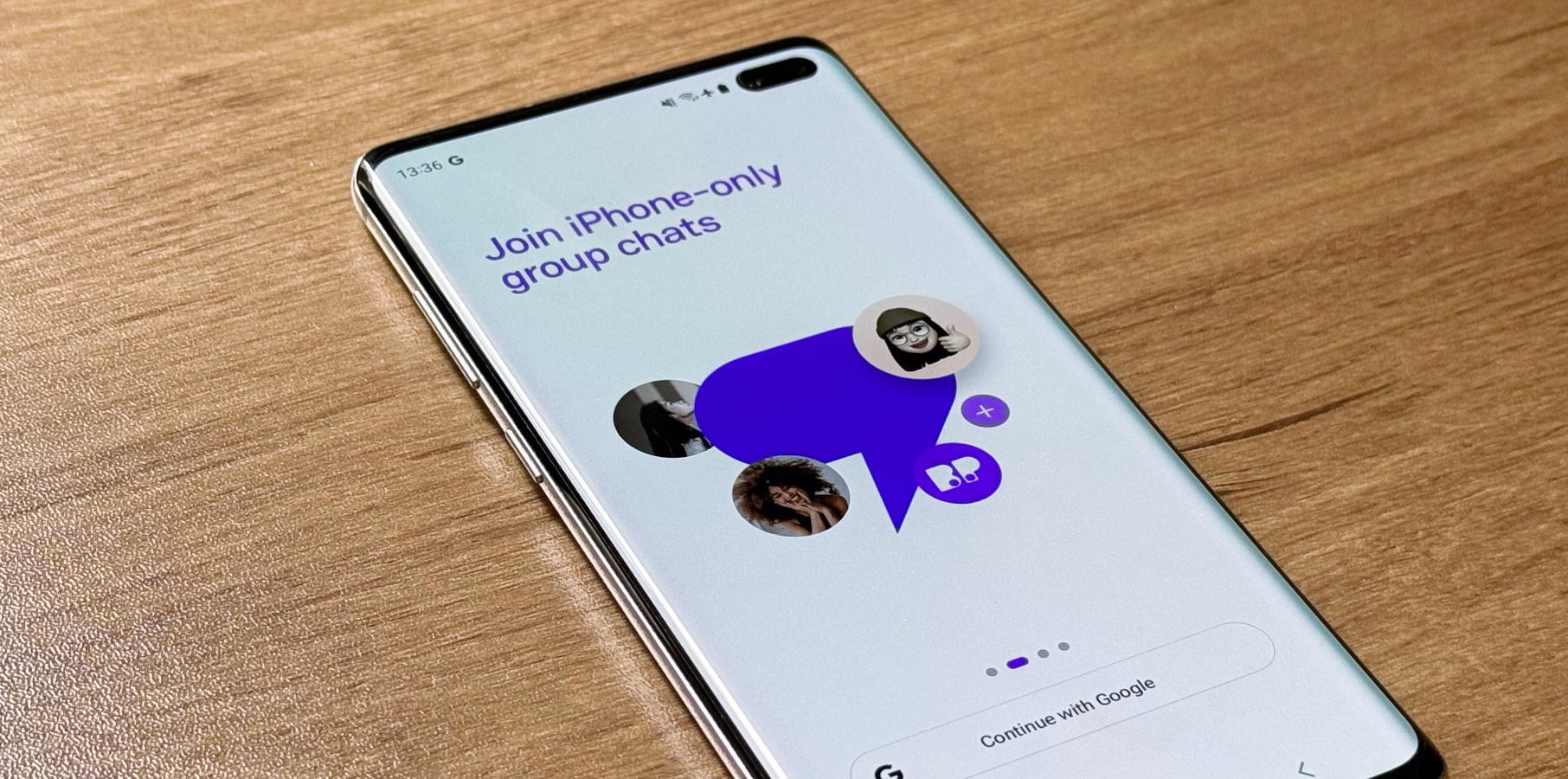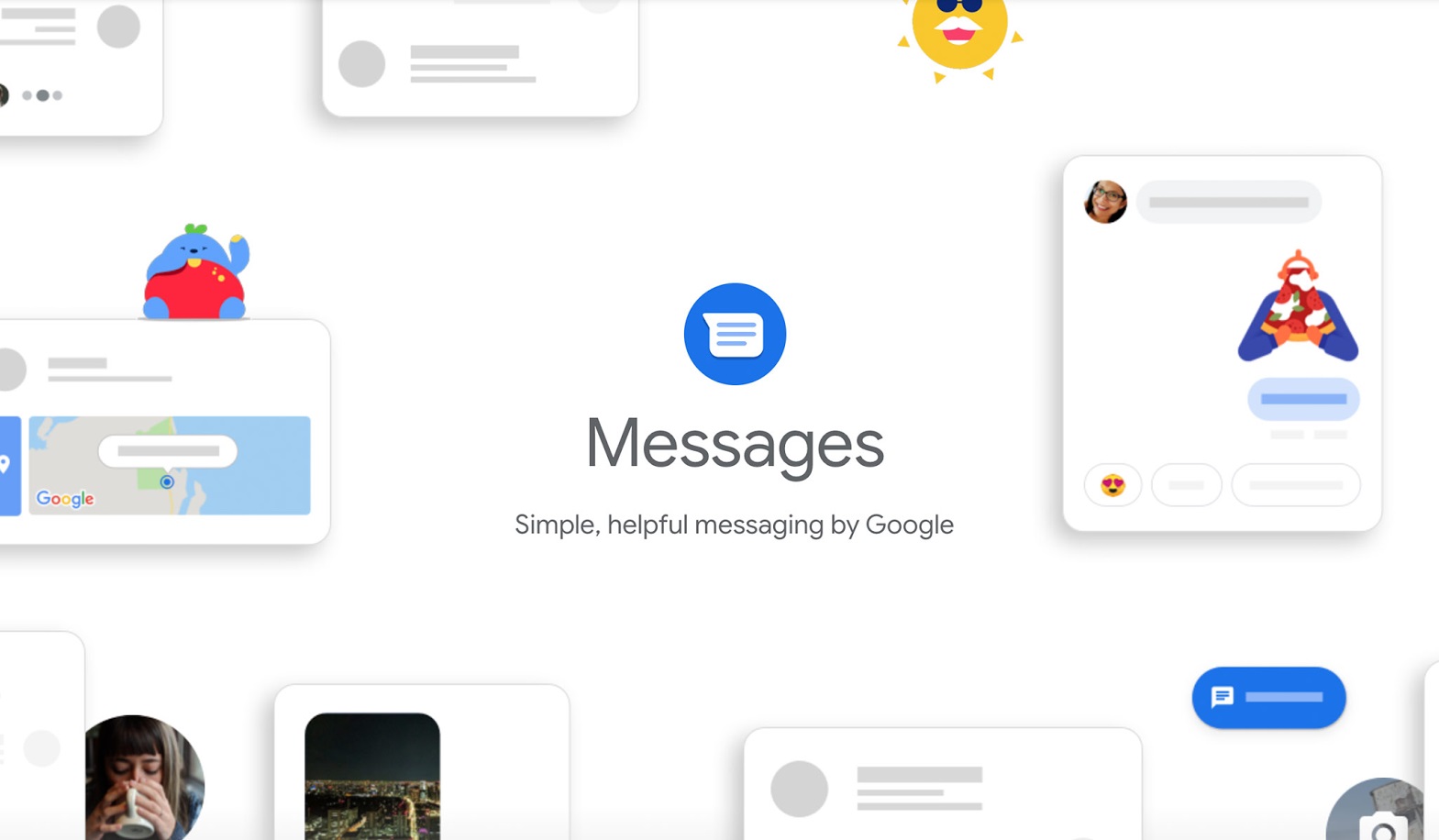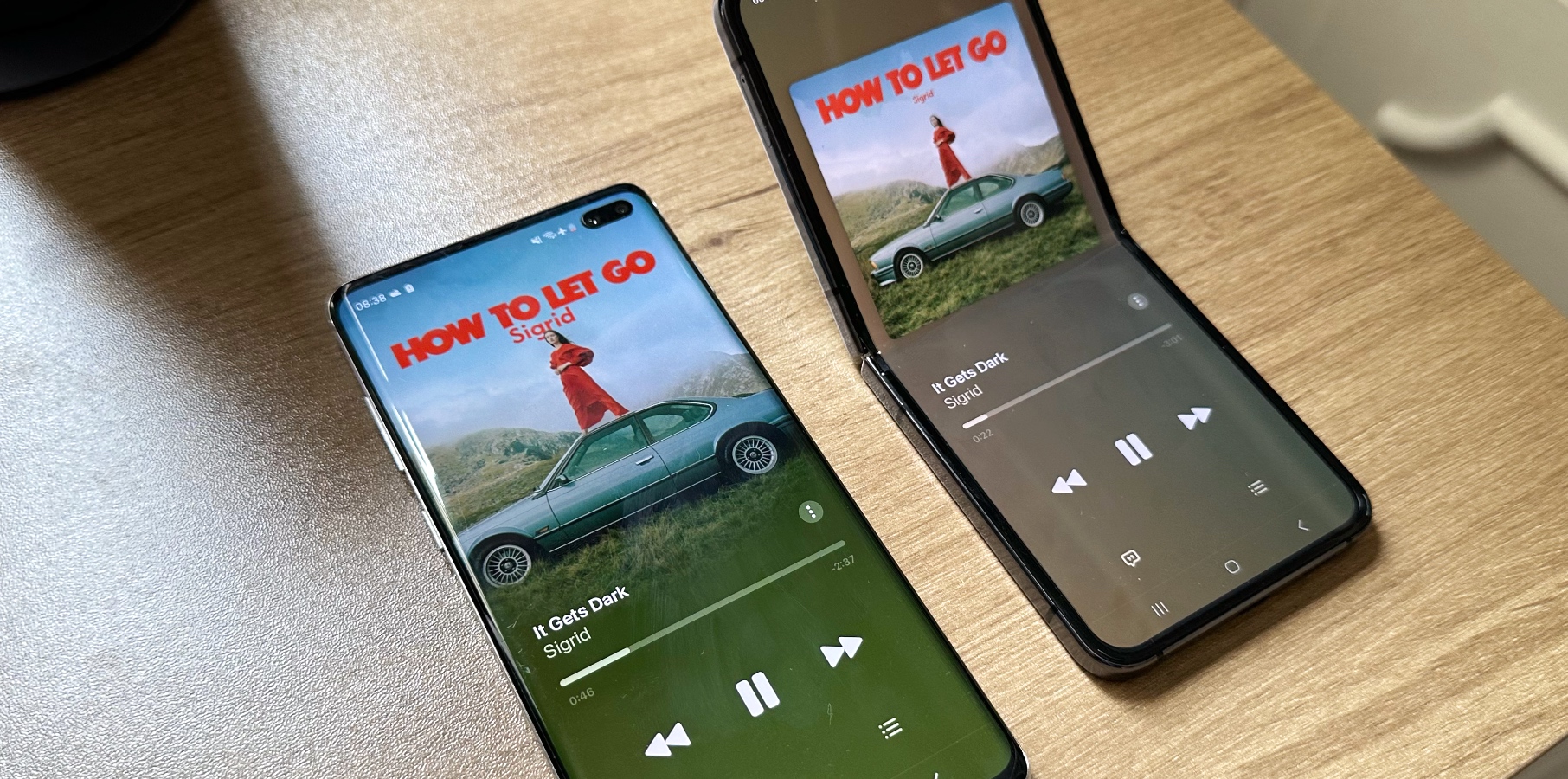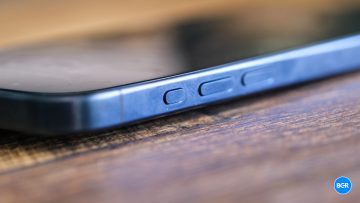It’s almost 2024, which means iMessage will soon be 13 years old. iMessage is easily one of Apple’s best products, a secure and private mobile chat app that everyone in the industry wants to emulate and outdo. iMessage is such a good product that Google has been running RCS ads based on it for years.
It’s so good that some of the people who want to use it the most are diehard Android users who wouldn’t buy an iPhone. But they need iMessage in their lives to get over the blue vs. green chat bubble issues. That continues to be a problem in the US for some reason, but not in Europe.
The whole Beeper Mini saga proves how grudgingly beloved iMessage is over on Android. Apple has patched a big workaround that Beeper found to render the app useless. The latest fix is Beeper asking Android users to have access to a Mac for iMessage to work. Pretty soon, Beeper will ask them to get an iPhone.
Also, Beeper Mini could get Apple in hot waters with lawmakers, who might start antitrust probes into Apple’s handling of iMessage. I already explained why that’s such a bad idea and how lawmakers are wrong on this one.
As good as iMessage might be, these developments are just bad PR for Apple. After 13 years of iMessage supremacy, Apple should go ahead and release an iMessage app. That’s what I would do, and I’d make Android users who want access to one of the best chat apps in the world pay for it.
iMessage might no longer be such a competitive advantage
Apple has been reluctant to bring iMessage to Android in the early years of the app, and rightfully so. iMessage was a big advantage over Android. And a good reason to switch over to iPhone for some people. That was years ago. I don’t think that applies anymore, and I’m talking as a longtime iPhone user.
I always ask people I chat with what apps they prefer using, with SMS being the only option that’s out of the question. Most people in Europe go for WhatsApp, even iPhone users. I have a multi-app chat experience with some of them, and that works too.
The point is that nobody cares about the color of the bubbles. And iMessage is definitely not holding anyone back. On that note, that’s why iMessage isn’t a gatekeeper service in the region.

Thanks to Google’s relentless campaign and the renewed attention from events like Beeper Mini, iMessage is getting bad press, not the kind it deserves. Releasing an iMessage app for Android would fix all those problems. And Apple would probably have little reason to worry about losing iPhone sales because of that.
The current market has reached a certain maturity. The iPhone has a leading market share in the US, and Android is the leader worldwide.
The iPhone is a highly coveted device among key demographics. And the iPhone has been selling tremendously well during economic uncertainties. Also, Apple should have a good idea of why people switch to iPhones, considering it makes an app for that.
The iMessage Android app should be identical to iPhone
That’s why, if I were Apple, I would dedicate massive resources to making iMessage for Android happen. I would ensure the Android version of the app gets the same features as the iPhone one and that the updates drop right on time.
iMessage for Android would follow the same principles as the iOS version. It would be end-to-end encrypted and, therefore, private. It would support rich communication like the iPhone app, all the latest emoji and integration with various built-in apps.

Also, since you can choose the default messaging app on Android, I’d advise Android users to do just that. Making iMessage the default chat app on Android would mean the app would also support the green bubbles: SMS chats. Soon, RCS chats would be part of the deal but built atop the GSMA standard, not Google’s RCS version.
Just like that, I’d change the conversation. Because critics right now are going after Apple, and calling the company out for making it impossible for Android users to securely chat to iPhone users. Those critics forget that apps like iMessage cost money.
I would make Android users pay for iMessage
One of the most annoying things about the whole iMessage on Android saga is this belief that iMessage should be available on Android for free. People forget iMessage is not a standard of communication. It’s not a God-given right. It’s a proprietary app that costs money to develop and operate. The way I pay for iMessage is by buying an iPhone.
Beeper Mini stole iMessage access and then charged Android users for it. It turns out that operating iMessage on Android is either expensive or Beeper Mini wanted to turn a profit on Apple’s work. But it’s Apple keeping the lights on when it comes to smooth, uninterrupted iMessage access.
Bringing iMessage to Android wouldn’t be free, and I would make Android users pay for it. You don’t want to buy an iPhone to get access to iMessage? Not a problem. Here’s iMessage for Android. It costs this much per month to access your chats. It could be anywhere from $1 to $10 per month after a free trial of a month.
Early WhatsApp users will remember that the service was not free. That was before Meta bought it for $19 billion. And I did pay for access at the time.

Remember, with iMessage on Android, you get your Apple account. It might come with some cloud storage tied to iMessage. It will surely come with security and privacy, including end-to-end encryption and ways to back up your iMessage chats and recover your data in case of password loss. In time, I’d bring FaceTime integration to iMessage.
In addition to a monthly subscription, I’d also promote Apple services within iMessage. I’d focus on things that Android users can get from Apple without buying an iPhone. That’s an Apple TV Plus or Apple Music subscription. I’d make a big deal about entertainment, especially new original Apple TV Plus content.
I’d also promote Apple events where the new iPhone and other products are launched, with a focus on the latter. Diehard Android users might not want iPhones but could go for iPads, Macs, and AirPods. These would not be targeted ads, and I would not use any sort of advertising inside iMessage for Android, except for news about Apple products.
I’d also remind Android users that iMessage will always be free on iPhones. That Apple also makes an app that lets them switch over if they want to.
Some people will still be unhappy
Just like that, I’d change the perception of iMessage. And sure, not everyone will be happy. Google would hate the prospect of iMessage becoming the default chat app on Android. Meta would also hate the extra competition WhatsApp and Facebook Messenger would get. All of a sudden, iMessage would be a cross-platform app that could get hundreds of millions of users.
Some Android users would balk at the idea of paying for iMessage. Regulators would likely come after Apple, especially in Europe, where iMessage would almost certainly grow to be a gatekeeper service.
But, overall, iMessage could become another money-making service for Apple, one that doesn’t involve the purchase of new hardware. And who knows, maybe such a plan is already underway. Maybe that’s what the RCS support in iMessage is all about, a stepping stone toward an Android app.








